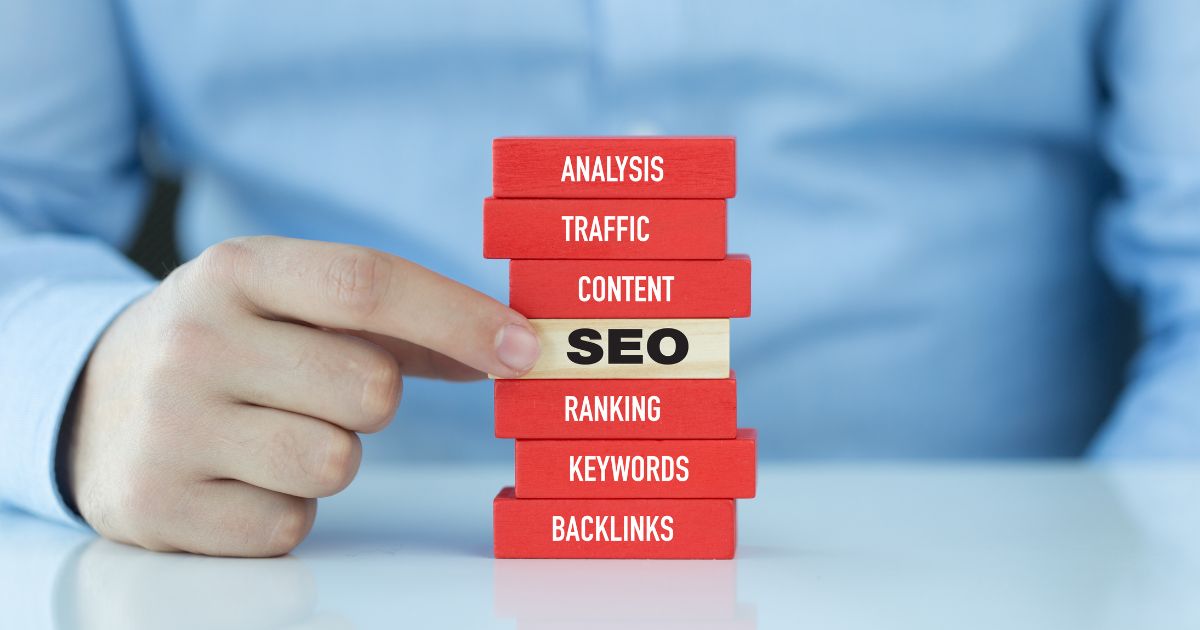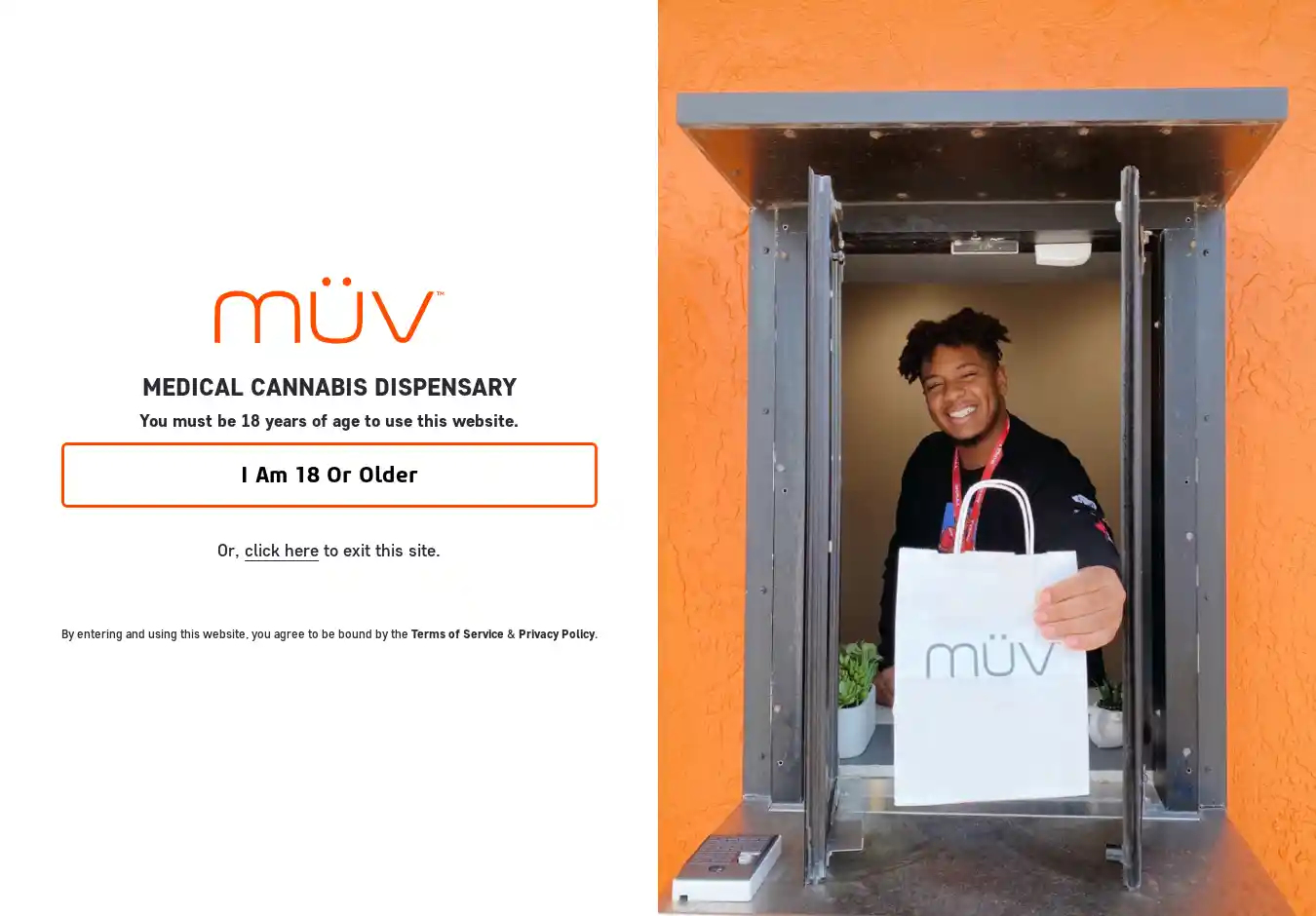As we step into 2025, digital marketing is moving faster than ever, with SEO still being a fundamental driver of success. SEO helps businesses attract organic traffic and build brand awareness. However, with new trends and technological advancements constantly reshaping the digital space, staying informed about the latest SEO tactics is crucial for maintaining an edge over the competition.
Effective SEO in 2025 requires an understanding of not only traditional ranking factors but also emerging trends and user behaviors. This blog will explore proven SEO strategies that can help you optimize your digital presence, improve search rankings, and ultimately achieve long-term success in the competitive online marketplace.
Why SEO Matters More Than Ever in 2025
As search engine algorithms grow smarter, they are more focused on delivering relevant, high-quality, and personalized content to users. Ranking high on search engines, especially Google, has never been more challenging, but it is also more rewarding. The number of online searches continues to rise, making it a critical time to invest in SEO for sustained growth.
Moreover, as consumer behaviors shift toward voice searches, mobile browsing, and AI-assisted tools, adapting your SEO strategy to meet these needs is essential. In 2025, businesses that fail to focus on user experience, high-quality content, and technical SEO will find themselves falling behind. It’s time to embrace the future of SEO and leverage it to drive your digital marketing efforts forward.
Key SEO Strategies You Need In 2025

Utilize AI-Powered SEO Tools
Artificial Intelligence is driving major advancements in SEO. Tools powered by AI, such as Surfer SEO, Clearscope, and Frase, can analyze vast amounts of data, helping marketers optimize content based on trends, keyword performance, and competitor analysis. These tools provide actionable insights that help in refining your strategies and making your SEO efforts more precise and efficient.
Focus on E-A-T (Expertise, Authoritativeness, Trustworthiness)
Google’s algorithms are placing an increased emphasis on E-A-T. Content that showcases expertise, authoritativeness, and trustworthiness is more likely to rank higher. Ensure your website features high-quality, well-researched content and credible sources. Author bios, testimonials, and case studies are all great ways to show your site’s expertise and build trust with both users and search engines.
Optimize for Core Web Vitals
Core Web Vitals, which assess page speed, interactivity, and visual stability, will continue to be a key ranking factor. In 2025, Google will further prioritize websites offering a seamless user experience. Ensure that your site is fast, mobile-friendly, and visually stable by optimizing image sizes, reducing page load times, and using responsive design principles.
Adopt Semantic Search and Intent-Based Keywords
Google’s search engine is getting smarter, focusing more on user intent and semantic search rather than just keywords. This means your content needs to align with what users are looking for. Focus on long-tail keywords and structure your content to address the specific needs of your audience. Understanding the context behind search queries will help you rank for more relevant terms.
Create High-Quality, Long-Form Content
Long-form content tends to perform better in search rankings, especially when it provides in-depth, valuable information. In 2025, creating comprehensive blog posts and guides (2000+ words) that answer user queries and provide actionable insights will not only help your SEO but also position your website as an authority in your niche.
Voice Search Optimization
With the growing popularity of voice assistants and smart speakers, voice search optimization has become a necessity. Voice searches tend to be more conversational, so focus on natural language queries and question-based keywords. Structure your content to answer common questions directly and concisely, making it more likely to appear in voice search results.
Mobile-First Indexing
As mobile devices account for over half of global web traffic, mobile-first indexing has become a priority for SEO. Ensure that your website is fully optimized for mobile, with fast load times, responsive design, and an intuitive user interface. With Google favoring the mobile version of your site for ranking and indexing, mobile optimization is no longer optional.
Video SEO
Video content is gaining traction as more users consume visual content. In 2025, video SEO will continue to play a significant role in search rankings. Optimize your video content by including targeted keywords in titles, descriptions, and tags. Additionally, ensure that your videos are embedded on your website and can be easily shared across social media platforms.
Optimize for Featured Snippets
Featured snippets—the boxed answers that appear at the top of search results—are a powerful way to gain visibility. In 2025, optimizing your content for position zero should be a priority. Structure your content with clear headings, concise answers, and bullet points to increase the chances of your content appearing in these coveted spots.
Stay Ahead with Local SEO
Local SEO continues to be a vital aspect of digital marketing in 2025, especially for businesses with physical locations or services targeting local audiences. Optimize your Google My Business listing, encourage customer reviews, and use location-based keywords to improve local visibility. Building local backlinks and creating region-specific content will also strengthen your local rankings.
The Role of Content Marketing in SEO Success

In 2025, content marketing and SEO will be inseparable. High-quality content that aligns with user intent and search engine algorithms will continue to be a major ranking factor. Implementing a content strategy that focuses on blog posts, videos, infographics, and case studies will help you improve your SEO and enhance your brand’s authority and engagement with your target audience.
Creating content that answers specific customer questions, solves problems, and provides value is crucial. Combining SEO best practices with content that resonates with your audience, you can build a strong online presence that drives organic traffic and increases conversions.
The Importance of Technical SEO
Technical SEO is a critical part of any digital marketing strategy, focusing on optimizing the back end of your website to ensure search engines can crawl, index, and rank your content effectively. A technically optimized site improves factors like site speed, mobile responsiveness, and secure browsing (HTTPS), which are all vital for a seamless user experience.
Search engines prioritize these elements, meaning a solid technical foundation can improve both your rankings and user engagement. Additionally, technical SEO involves tasks such as fixing broken links, optimizing internal linking, and using schema markup to provide more context for search engines.
Schema helps search engines understand specific details like product prices, reviews, and events, leading to richer search results. Regular site audits are essential to identify and fix issues like crawl errors or duplicate content, ensuring your website is accessible and well-optimized for both search engines and users.
SEO is a complex, multi-faceted process that demands a blend of technical expertise, strategic content creation, and user experience optimization. Implementing these strategies will help you maintain a competitive edge, achieve higher search engine rankings, and build a robust digital presence. It will also ensure that your digital marketing efforts remain both effective and future-proof.
Staying ahead of the latest SEO trends is vital as search engines continually refine their algorithms to prioritize relevance and quality. Businesses that adapt to these changes and integrate evolving techniques into their strategies can achieve lasting success. Consistent testing, analysis, and refinement of your SEO efforts will not only secure high rankings but also drive sustained growth throughout 2025 and beyond.








